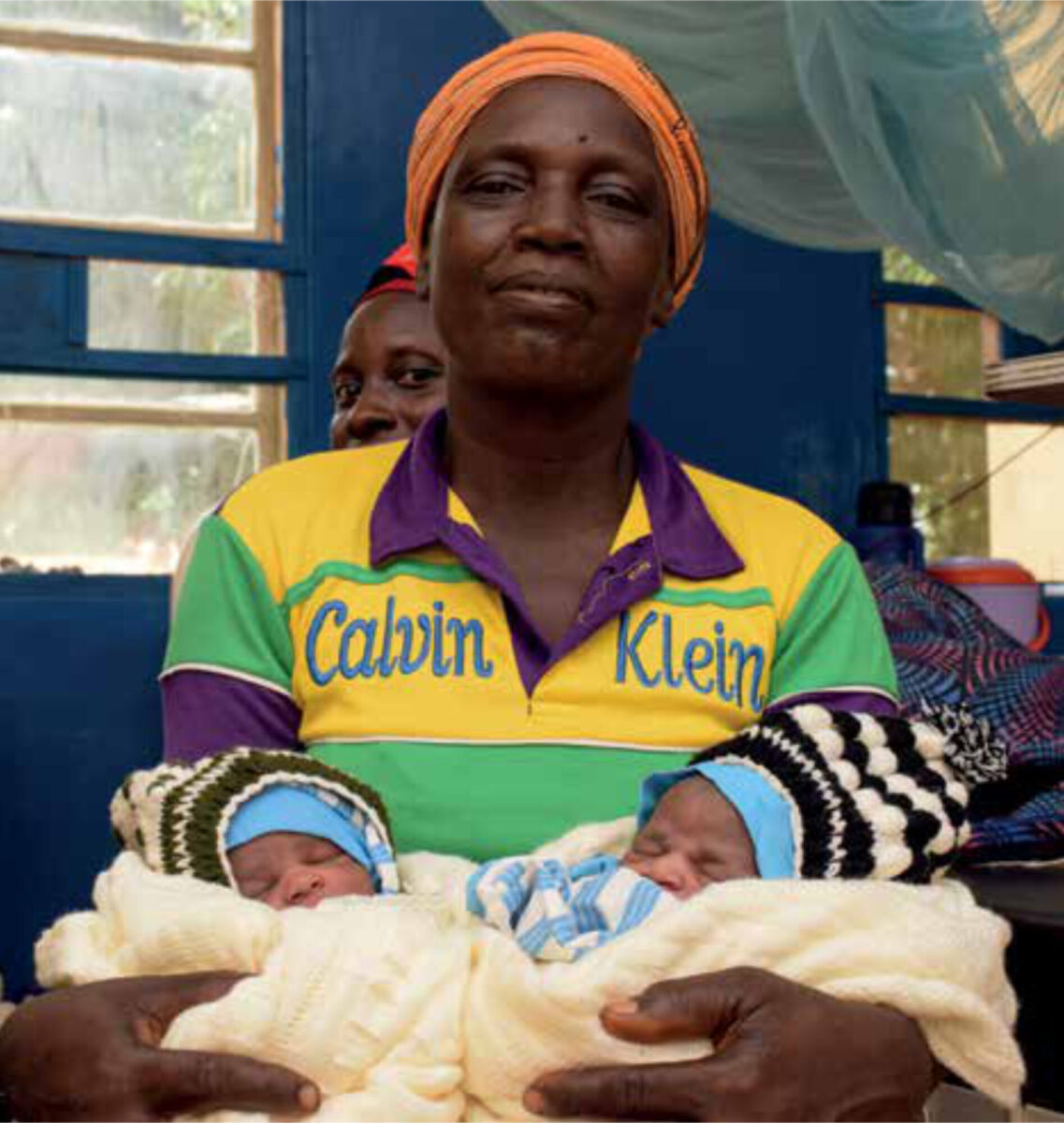Main content
From 1998 until 2002, I worked as a medical officer at Mpongwe Mission Hospital in Zambia. I worked closely together with Agnes, Ruth, and Theresa (registered midwives), and they were immediately interested in participating in a local research project about postpartum health. Our research was prompted by an influx of women with serious postpartum infections combined with the low number of routine postpartum care visits at the clinic.
We decided on two topics of interest: postpartum care attendance rate and postpartum health problems. We developed a semi-structured questionnaire with six questions about place and type of delivery, reason for visiting the hospital, complaints after delivery, and treatment of these complaints. Women underwent a physical examination, and a genital swab was taken for wet mount and gram stain. The team adjusted the questionnaire after a pilot of two months. The study ran from March until December 2001, the last month of my stay at the hospital. The three midwives were responsible for including the women in the study: they interviewed them and performed the physical examination. The midwives received an allowance as an incentive to include as many women as possible in the study and to compensate them for the extra work.
This allowance was made possible by a grant I received from the Dutch Society of Tropical Medicine & International Health (NVTG) from the so-called ‘Erefonds’, as the OKF was called in the early days. The grant also paid for processing the genital swabs. It was around 1000 guilders, and without this financial support we could not have conducted this study.
Agnes, Ruth, Theresa and I enjoyed conducting this study together. After my return to the Netherlands in 2002, it took some time to analyse and write up the results. In 2003 and 2006, we published two papers. The first was about postpartum care attendance: only 42% of women returned for care within 6 weeks of delivery, and we concluded that more awareness and an integrated way of health care delivery could be beneficial for postpartum women. In the second paper, we reported that 84% of women experienced at least one health problem in the postpartum period and most of them took action. What made this study interesting was the type of complaints women experienced and the type of action taken. We suggested further research on the impact of these complaints on women’s daily lives.

References
- Lagro M, Liche A, Mumba T, Ntebeka R, van Roosmalen J. Postpartum Health among Rural Zambian Women. Afr J Reprod Halth, 2003;7(3): 41 – 48.
- Lagro, M, Liche A, Mumba T, Ntebeka R, van Roosmalen J. Postpartum care attendance at a rural district hospital in Zambia. Tropical Doctor, 2006;36:205 – 208.



















































